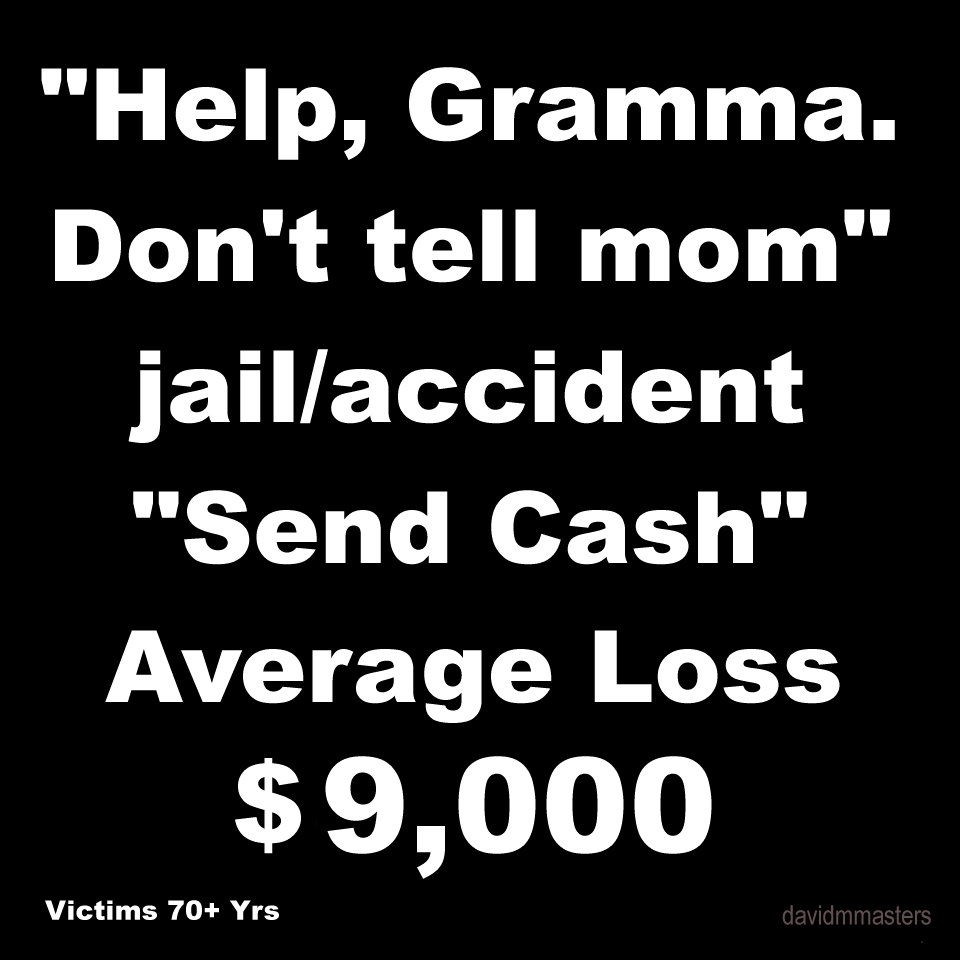There are a few scammers on the Internet who prey on seniors attempting to learn how to build an online business. They may promise immediate success (know that there’s no such thing) and charge you an astronomical amount of money for their courses or sure-fired methods of making money online.
It’s like purchasing a frozen pizza in a box with a picture that looks like the most delectable pizza you’ve ever seen. Then, when you open the box to heat and eat it, it looks like someone played a joke on you. There may be a few sprinkles of cheese and a teaspoon of sauce – nothing like the picture on the box.
That’s what scammers do to would-be online senior entrepreneurs. They paint a pretty and exciting picture of making a fortune in no time at all. Unfortunately, there is rarely a quick way to make an immediate fortune online.
That doesn’t mean that everyone offering courses or charging you for advice is a scammer, but if you come in contact with a marketer who doesn’t respond to your emails asking for information or who tries to push you into a multi-level marketing situation – beware.
Check out the reputation of the people who are offering once-in-a-lifetime deals where you have to buy it now or the price goes up astronomically. Also, promising that you’ll make money on the first day if you just plug in and then sit back and watch the dollars roll in is just not true.
Fortunately, there are great marketers who offer real-time help that will get your business up and running. They’ll walk with you along the way and take you under their wings when you’re having doubts or problems.
Forums are excellent places to sort out who’s who in the Internet marketing world. Get to know the marketer before you do business with him or her and don’t shell out your hard-earned money until you know it’s legit.
The truth about making money on the Internet is that you have to know how to use a computer (many scammers claim you don’t) and you have to know your way around the Internet. If anyone tells you differently, beware.
Understanding how things work online will help you reach success faster than any scheme that a scamming marketer could. The reputable marketers are out there and ready and willing to help you learn all you need to know about becoming an Internet entrepreneur.
To senior citizens looking to make money online, it’s important to exercise caution and be aware of potential scams. Unfortunately, seniors can sometimes be more vulnerable to online scams due to a lack of familiarity with the digital landscape.
How Can Seniors Avoid Scams Online?
Here’s some advice to help them navigate this space and avoid falling victim to scams:
- Research Thoroughly
- Before getting involved with any online opportunity, take the time to research the company, the offer, and the people behind it.
- Look for reviews, ratings, and independent sources of information.
- Avoid Get-Rich-Quick Schemes
- Be skeptical of offers that promise huge profits with little effort or in a very short time.
- Legitimate ways to make money usually require effort, time, and skill.
- Check for Legitimacy
- Check whether the company or individual promoting the opportunity has a legitimate online presence.
- Scammers often create fake websites and profiles.
- Verify their contact information, physical address, and online reviews.
- Protect Personal Information
- Be cautious about sharing personal and financial information online.
- Legitimate companies won’t ask for sensitive information right away.
- Beware of High-Pressure Tactics
- Scammers often use high-pressure tactics to create urgency and force quick decisions.
- Take your time to evaluate an opportunity and don’t feel obligated to make a decision on the spot.
- Look for Contact Information
- Check if there’s a way to contact the company or person behind the offer.
- The lack of accessible contact information is a red flag.
- Trust Your Instincts
- If an offer seems too good to be true or makes you uncomfortable, it’s probably a scam.
- Trust your instincts and don’t ignore warning signs.
- Consult Trusted Sources
- Before committing to anything, discuss the opportunity with friends, family, or a financial advisor.
- Sometimes an outside perspective can help identify potential scams.
- Educate Yourself
- Familiarize yourself with common online scams and their tactics.
- Knowing what to look out for can greatly reduce the risk of falling victim.
- Use Secure Payment Methods
- If an online opportunity requires payment, use secure and reputable payment methods.
- Avoid wire transfers or sending money through unconventional channels.
- Stay Updated on Scams
- Scammers constantly adapt their tactics.
- Stay informed about the latest scams by checking official government websites and consumer protection organizations.
- Enable Security Measures
- Make sure your computer, smartphone, and other devices have updated security software and firewall protections to safeguard against phishing attempts and malware.
- Be Cautious with Unsolicited Offers
- If you receive unsolicited emails, messages, or phone calls with offers that sound too good to be true, exercise caution.
- Legitimate opportunities are usually not presented in such a manner.
- Report Suspicious Activity
- If you come across a potential scam or suspicious offer, report it to relevant authorities, such as the Federal Trade Commission (FTC) in the US or similar agencies in your country.
Remember that while there are legitimate ways to make money online, there are also numerous scams preying on unsuspecting individuals, including seniors. By staying informed, remaining cautious, and following the tips mentioned above, you can greatly reduce the risk of falling victim to online scams.
This just in,
Plus, you might find that you’re doing business with a friend, only to find that the person you are dealing with is a criminal masquerading as your friend.
One such case is Simon who had his identity cloned for committing cyber crimes where unwitting social media users were conned into sending the fake Simon $6000.
The authorities sought out the real Simon, and this is what he had to say,
To all social media users,
I do not engage with any financial transactions on any social media platforms. A few members have been scammed into giving $6000 to a person pretending to be me on social media platforms. Under no circumstances should anybody part with any money.
I don’t get into conversations on social media platforms, and anyone pretending to be me should be reported. If you have paid money please go to your local police and report this, as a scam.
Sadly this is very common, and all the leading names have cloned websites or people pretending to be them.
Simon
See also: Help Gramma Don’t Tell Mom jail/accident Send Cash (average loss $9000)




